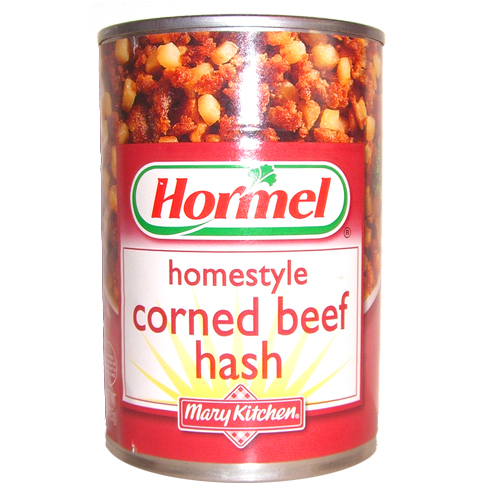Slides
Hashes
Ref. WGR Chapter 9, Section 9.3, Hashes
Hash

- unordered collection of key/value pairs
- keys must be unique
- values can be anything
Hash is also known as...
- Map
- Associative Array
- Dictionary
- Name/Value Pair Store
- Key/Value Pair Store
Setting and Getting Hash Values
states = Hash.new
states["CA"] = "California"
states["MA"] = "Massachusetts"
states["NY"] = "New York"
states["MA"].reverse #=> "sttesuhcassaM"
Hash literals
a Hash can be defined literally (inline) with braces e.g.
states = {
"CA" => "California",
"MA" => "Massachusetts",
"NY" => "New York"
}
states["MA"] #=> "Massachusetts"
The little => arrow is called a hash rocket.
Remember, strings are not symbols!
states = {:MA => "Massachusets"}
states["MA"] #=> nil
states[:MA] #=> "Massachusets"
This is such an annoying problem that Rails invented a new version of Hash named HashWithIndifferentAccess
that converts string keys into symbol keys.
(HashWithIndifferentAccess is such an annoying name that many people call it Mash instead.)
Hash Literals with Symbol Keys
Ruby 1.8 or 1.9:
{:foo => "bar", :baz => "baf"}
Ruby 1.9 only:
{foo: "bar", baz: "baf"}
Hash arguments
When passing a hash to a method,
the braces are optional...
...**if** you're calling a method
...**and** the hash is the final argument
invite({:name => "Alice", :age => 18})
invite :name => "Alice", :age => 18
This is called "the default hash" (which is a silly name for it).
hash parameters plus hash literals => named parameters
These are all equivalent:
User.new({:name => "Alex", :email => "alex@stinky.com"})
User.new(:name => "Alex", :email => "alex@stinky.com")
User.new :name => "Alex", :email => "alex@stinky.com"
User.new name: "Alex", email: "alex@stinky.com"
User.new email:"alex@stinky.com", name:"Alex"
...so passing a hash literal kinda sorta almost looks like named parameters.
(Ruby 2.0 will support proper named parameters, using the same calling syntax.)
Hash methods
- each, each_pair
- keys, values
- has_key?, has_value?
- merge, merge!
- delete, delete_if
merge to combine two hashes
Here's a handy trick:
class Hash
alias_method :<<, :merge!
alias_method :+, :merge
end
{foo: 1} << {bar: 2}
=> {:foo=>1, :bar=>2} # destructive
{foo: 1} + {bar: 2}
=> {:foo=>1, :bar=>2} # constructive